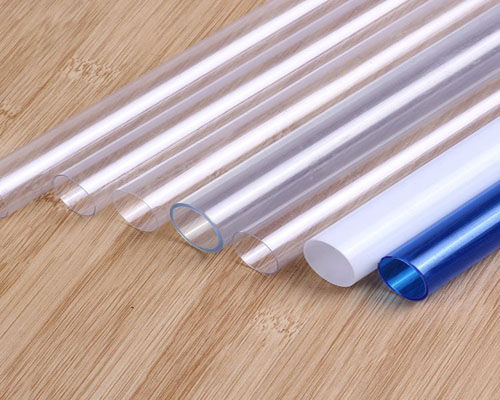
Phone Number :
06 29, 2023

The use of PVC hard pipes has become increasingly popular in various industries and household applications. These pipes are known for their durability, affordability, and versatility. However, like any other material, PVC hard pipes also have their advantages, disadvantages, and precautions that need to be considered. In this article, we will explore these aspects in detail.
PVC hard pipe offers several advantages that make it a preferred choice for many projects:
1. Durability: PVC hard pipes are highly durable and can withstand extreme temperatures, pressure, and weather conditions. They are resistant to corrosion, chemical reactions, and biological growth, making them ideal for both indoor and outdoor applications.
2. Affordability: Compared to other pipe materials such as copper or stainless steel, PVC hard pipes are relatively more affordable. They require less maintenance and have a longer lifespan, making them a cost-effective option for plumbing and construction projects.
3. Lightweight and Easy Installation: PVC hard pipes are lightweight and easy to handle, making the installation process quick and hassle-free. Their smooth interior surface allows for efficient water flow with minimal friction, reducing the risk of clogs and blockages.
While PVC hard pipes offer many advantages, they also have some drawbacks to consider:
1. Limited Temperature Range: PVC hard pipes have a limited temperature range and may deform or melt under high heat. They are not suitable for applications that involve transporting hot liquids or gases. In such cases, other materials like metal may be preferred.
2. Vulnerable to UV Radiation: When exposed to direct sunlight or ultraviolet (UV) radiation for prolonged periods, PVC hard pipes can become brittle and prone to cracking. Hence, they are not recommended for outdoor applications without proper protective measures.
3. Environmental Concerns: PVC hard pipes are made from non-renewable resources and do not degrade easily in the environment. Improper disposal or incineration of these pipes can release toxic chemicals into the air, soil, and water, causing environmental pollution.
When using PVC hard pipe, it is important to take certain precautions to ensure its optimal performance:
1. Avoid Excessive Pressure: PVC hard pipes have pressure limitations, and exceeding these limits can result in pipe failure. Ensure that the pipes are not subjected to excessive pressure, especially during installation or system operation.
2. Use UV Stabilizers: If you plan to use PVC hard pipes for outdoor applications, it is essential to use UV stabilizers or apply protective coatings to prevent damage from sunlight and UV radiation.
3. Proper Disposal: When disposing of PVC hard pipes, make sure to follow local regulations and guidelines. Recycling or reusing them is the preferred option to minimize environmental impact.
PVC hard pipes offer numerous advantages, including durability, affordability, and ease of installation. However, it is crucial to consider their limitations, such as temperature range and vulnerability to UV radiation. By taking necessary precautions and adopting responsible practices, the disadvantages can be mitigated, making PVC hard pipes a reliable and efficient choice for various applications.